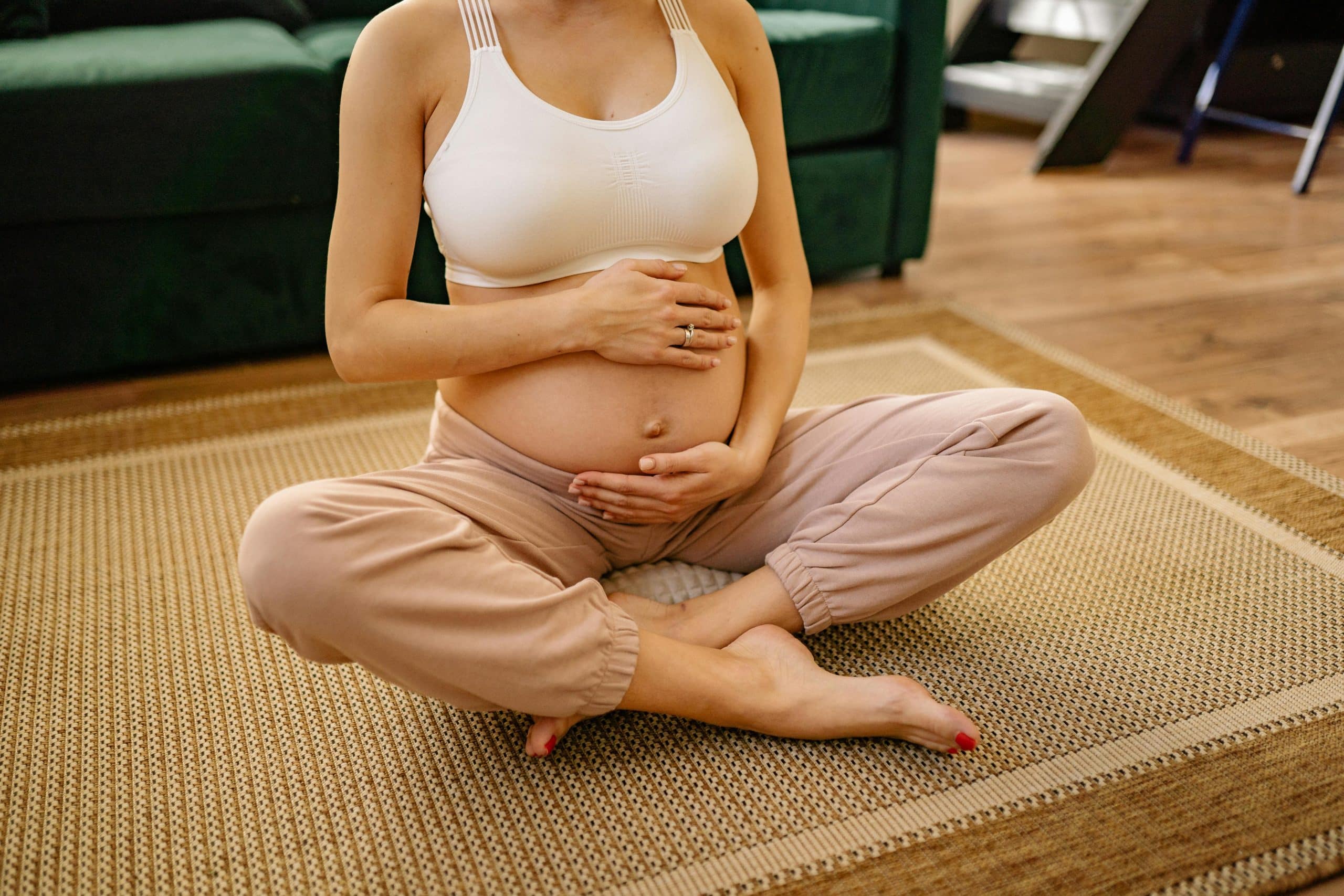How Can UK Pregnant Women Ensure Adequate Hydration, Especially in the Summer Months?

In the course of pregnancy, every aspect of a woman's health becomes paramount - not only for her own well-being, but also for the developing baby. One often overlooked aspect is hydration. Today, we delve into why water intake is so essential during pregnancy, how dehydration can affect pregnant women and their babies, and most importantly, how to ensure adequate hydration, especially in the warm summer months.
Importance of Water Intake During Pregnancy
Water is a vital component of our health. It plays a crucial role in numerous bodily functions from aiding digestion, to maintaining body temperature, delivering essential nutrients to cells, and flushing out toxins. But when you're pregnant, your body's need for water increases.
Dans le meme genre : What Are the UK's Best Practices for Maternity and Paternity Leave Planning?
Water is an integral element in the formation of the amniotic fluid, a critical component of the safe haven where the baby grows and develops. Furthermore, your body requires fluid to produce extra blood and to support the metabolic processes that aid the baby's development. A scholarly article reviewed on PubMed Central (PMC), a free archive of biomedical and life sciences journal literature, emphasises that inadequate hydration can lead to serious complications such as dehydration, overheating, and even preterm labour.
Dehydration Risks for Pregnant Women and Their Babies
During pregnancy, your body is working harder; hence it needs more water to keep up with the increased demands. Not drinking enough water can lead to dehydration, a condition that can have serious implications on both mother and baby.
Cela peut vous intéresser : What Is the Impact of UK Urban Air Quality on Maternal and Fetal Health During Pregnancy?
According to an article published on PubMed, dehydration during pregnancy can lead to serious health issues such as low amniotic fluid, insufficient breast milk production, and overheating. It can also increase the risk of birth defects and premature labour. Additionally, dehydration can lead to common discomforts of pregnancy such as headaches, cramps, and swelling.
In extreme cases, dehydration can disrupt the body's normal functioning, leading to a condition known as hypovolemia - a decrease in the blood volume, which can compromise the delivery of oxygen and nutrients to the baby.
How Much Water Should Pregnant Women Drink Every Day?
There's a popular saying that everyone should drink eight glasses of water a day. However, during pregnancy, the amount of water intake should ideally be higher.
The National Health Service (NHS) in the UK recommends that pregnant women should drink around 1.6 litres of fluid per day - that’s about eight to ten 200ml glasses of fluid. However, in the summer months, or if you’re physically active, you may need more to compensate for the increased perspiration.
Remember that all fluids count towards your daily intake. This includes not only water but also milk, juice, soups, and even fruits with high water content, such as watermelon. However, it's advisable to limit the intake of caffeinated drinks, as they can increase your urine output and reduce your body fluid levels.
Practical Tips to Stay Hydrated
Staying adequately hydrated during pregnancy, especially in the summer months, may seem daunting. But with a few practical tips, you can ensure your fluid intake is sufficient.
- Carry a Water Bottle: Always have a water bottle handy. This makes it easier to sip water throughout the day.
- Flavour Your Water: If you find plain water boring, consider adding a splash of fruit juice, slices of fruit, or a few fresh mint leaves to make it more appealing.
- Stay Cool: During the summer, avoid spending too much time outdoors, especially during the peak sun hours. If you must go out, wear loose clothing, use a sun hat, and apply a safe, pregnancy-friendly sunscreen.
- Monitor Your Urine: Your urine can be a good indicator of whether or not you’re staying hydrated. Aim for a light yellow colour. Darker urine can be a sign of dehydration.
- Eat Hydrating Foods: Include fruits and vegetables high in water content in your diet. Some good choices are watermelons, oranges, cucumbers, and lettuce.
Remember, your pregnancy is a unique journey, and your hydration needs may be different from another woman’s. Always consult your healthcare provider if you have specific concerns about your fluid intake or hydration during pregnancy.
Understanding Hydration Requirements at Different Stages of Pregnancy
As a pregnant woman progresses through her weeks of pregnancy, her hydration requirements may change. Early on, fluid intake supports the formation and health of the amniotic sac. In the later weeks, water is necessary to support the increased blood volume and prepare the body for lactation.
A study available on Google Scholar and PubMed indicates that the amount of water a woman needs can change depending on the stage of her pregnancy. For example, water requirements may increase during the third trimester when the baby is growing rapidly. This is especially important during the summer months when the heat and humidity can quickly lead to dehydration.
It's worth noting that too much water can also be harmful. This condition, known as water intoxication, can lead to a dangerous electrolyte imbalance. This underscores the importance of a balanced approach to hydration, with the intake being guided by thirst and the colour of your urine.
In general, it's advised to increase water intake gradually from the pre-pregnancy baseline as the pregnancy week advances. If you are unsure of your unique hydration requirements, it's always wise to consult with a healthcare provider. They can guide you according to your specific needs and help you understand the signs of dehydration to look out for.
Concluding Thoughts on Hydration During Pregnancy
Hydration forms a vital part of a healthy pregnancy journey. Drinking water and maintaining adequate fluid intake not only supports the mother's body as it undergoes significant changes, but also ensures the developing baby receives all the necessary nutrients.
The harmful effects of dehydration during pregnancy can be serious, affecting both mother and baby. It's crucial that all pregnant women, particularly during the summer months, are vigilant about their hydration levels. Carrying a water bottle, monitoring the colour of your urine, eating hydrating foods, and consulting a healthcare provider are all practical ways to ensure you stay hydrated.
Remember, every pregnancy is unique. While articles on PubMed or Google Scholar provide widely accepted advice, nothing beats a personalised consultation with a healthcare provider. The information in this article was medically reviewed by Dr. Kendra Segura and aims to provide a comprehensive overview of hydration during pregnancy.
Just as the journey to motherhood is filled with joyous moments, it also requires careful attention to details such as hydration. In the end, both your health and your baby's health hinge on it. Stay mindful, stay vigilant, and ensure you are drinking adequate water, especially when the temperature rises.
